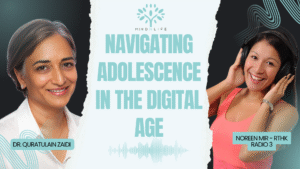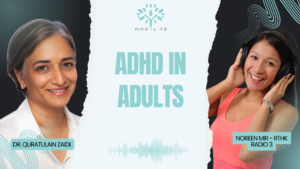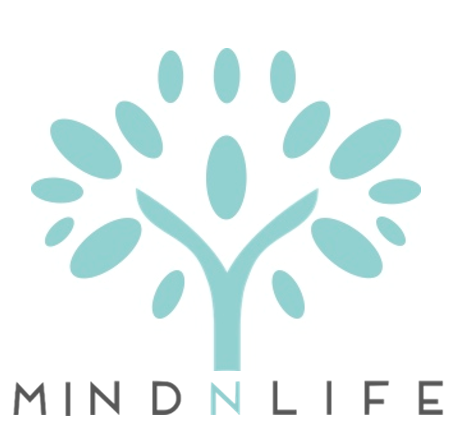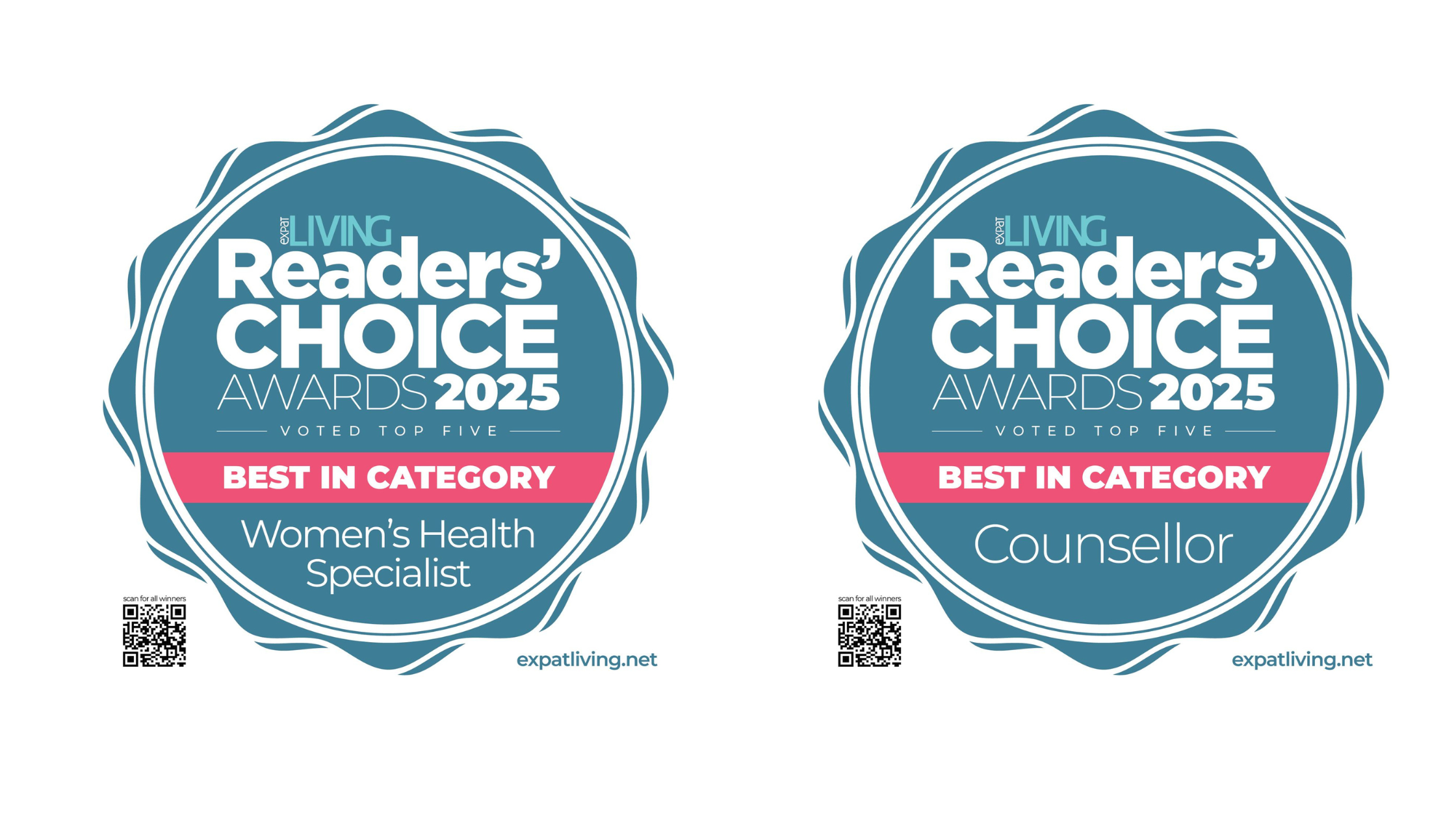Throughout the challenging two years of the Covid-19 pandemic, online therapy has been lifesaving for many. Despite physical isolation, people have been able to receive the mental health support they need from the safety of their own homes. In many cases, this has been a buffer to protect us from some of the negative effects the strain of these years has placed on our mental health. In some cases, this has been the difference between life and death.
How Effective is Online Therapy?
Studies over the last 10 years have shown that online therapy elicits comparable improvements in mental health symptoms as in-person therapy for a wide variety of issues, including depression, anxiety, stress, and trauma. Interestingly, a more recent systematic review by Luo and colleagues in 2020, which included over 1600 participants, indicated that online therapy may even be more effective. This is likely reflective of the rapid and continuous advancements that video conferencing and onlineplatforms have seen, especially in the last few years.
Client empowerment has been identified as a key contributor to the effectiveness of online therapy. As a client, you can make more flexible choices on where and when to take your therapy sessions. For example, you can choose to be in your own safe and comfortable space, rather than adapting to a clinic setting, and slot in sessions at convenient times throughout your day. Both can provide a greater sense of control and engagement with therapy. In addition, fewer scheduling conflicts, less travel time, and ease of access can significantly reduce stress and enhance therapy effectiveness.
Dr. Esslin Terrighena specialises in working with adults and teens 16+ dealing with trauma, mood disorders, anxiety and personality disorders. Read the full Online Therapy: How Effective is it? article here.







